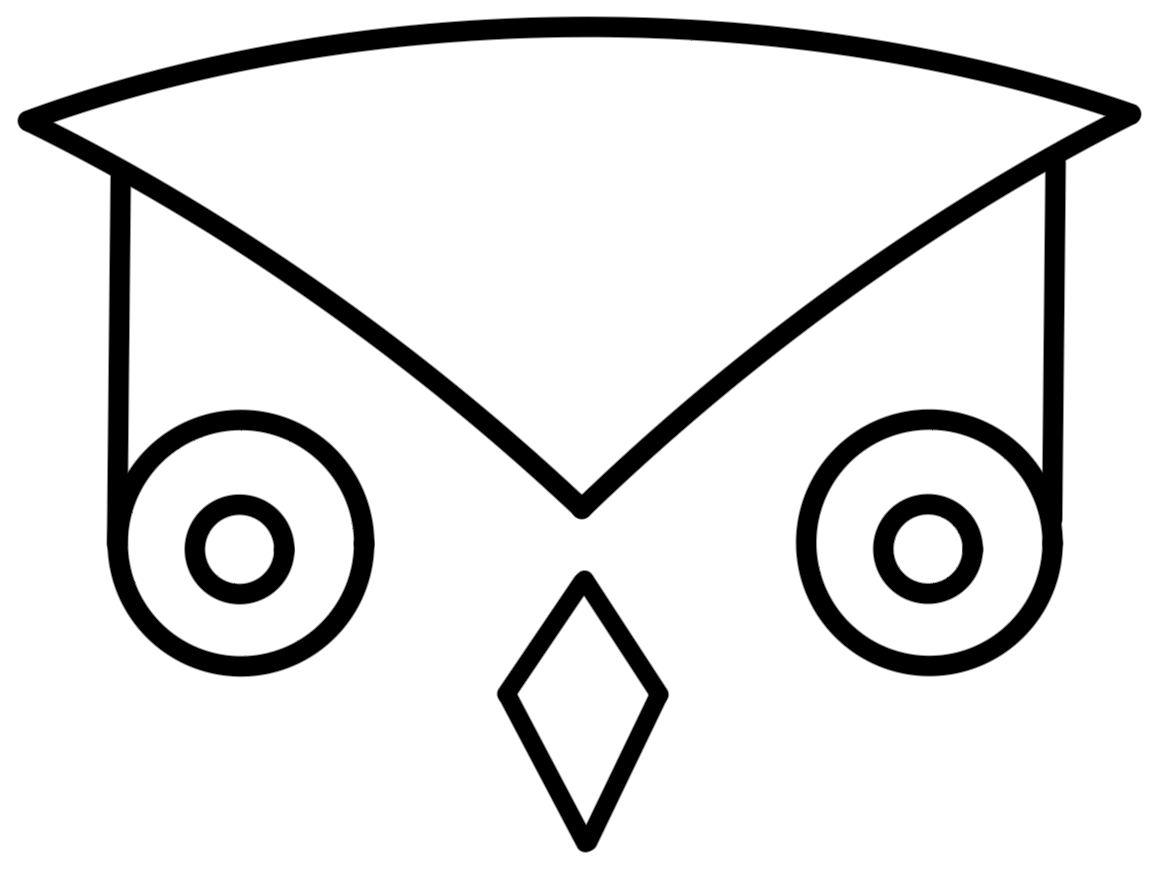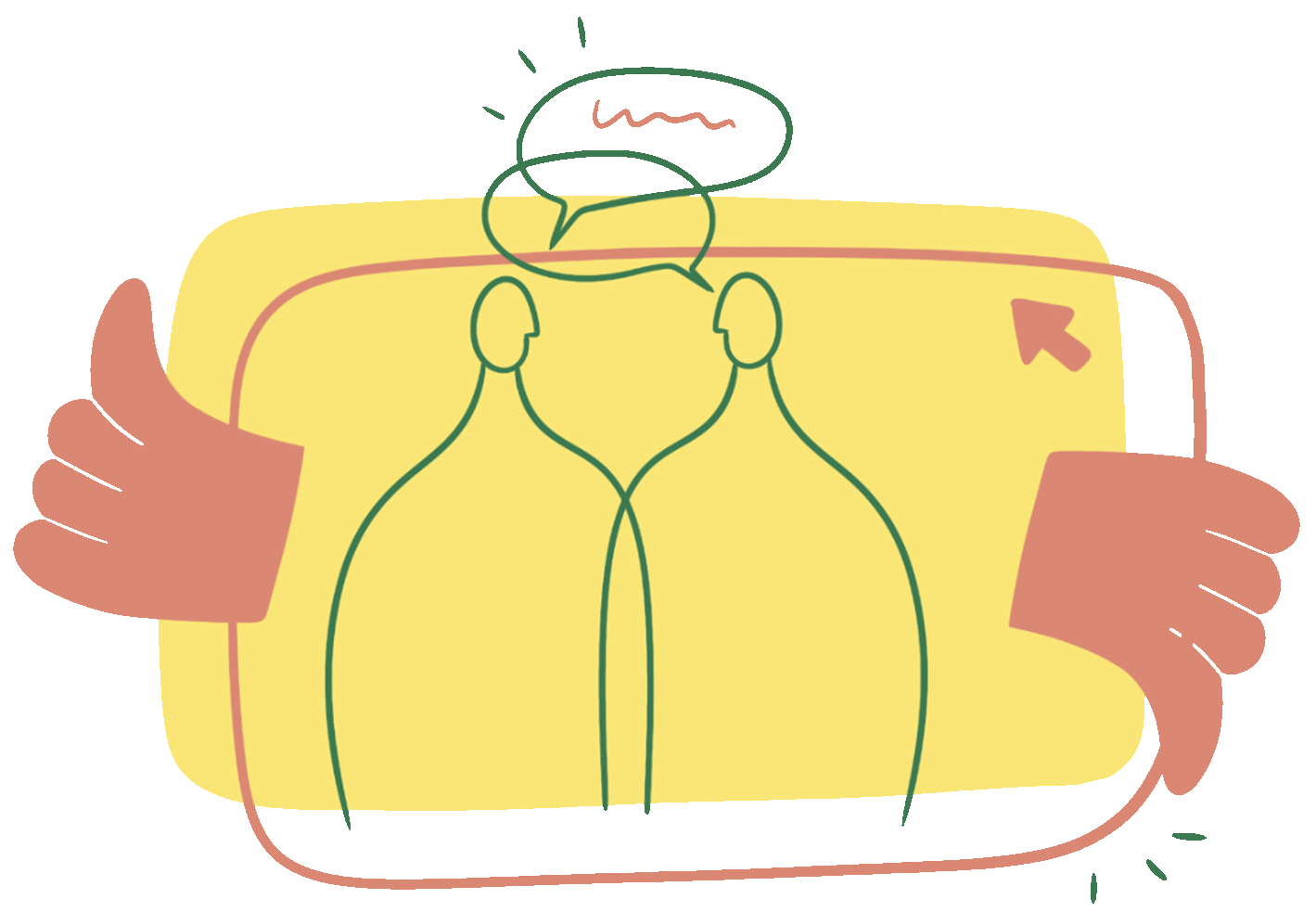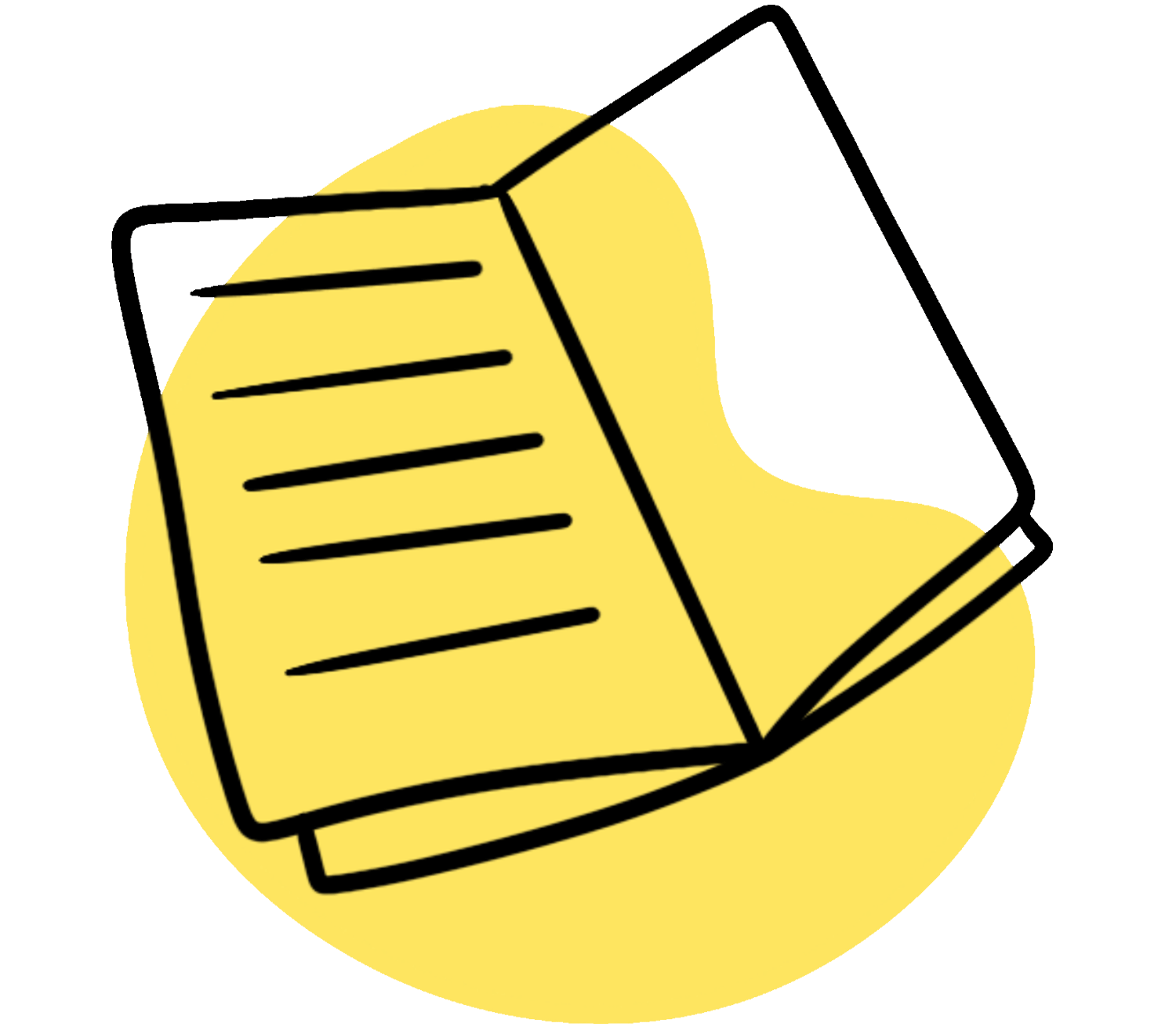Online Writing Lab
Your collection of resources, guides, and tips on academic writing
Our categories
Writing tips

- Trouble with time management? Plan backwards – from the deadline back to today. Make a list of all upcoming tasks, arrange them chronologically, and break them into smaller steps. Record milestones in a calendar – and celebrate when you reach them!
- Is your argumentation clear? Read your text from back to front and write down one key statement per paragraph in a separate document. If you list the statements from bottom to top, you’ll get a summary of your text in the right order. This way you can check whether all parts are logically arranged.
- Having trouble getting started? Try this: write first thing in the morning – better 15 minutes than not at all. Begin with a light task, such as typing in the corrections from your last session. Or start with the task you noted at the end of the previous session for the next one.
- Set yourself clear goals and increase your commitment by making them public: you can post your goals on Instagram or stick milestones to the fridge door in your shared flat. Some people use apps, others make bets with fellow writers: whoever doesn’t reach their goal buys the others an ice cream.
- Sort your ideas by talking with others about your texts. Talk only about the process – “How’s it going?” – and the content. Write an email to a friend explaining a difficult passage. You don’t need to send the email.
- Get feedback on your text. Join a writing consultation or start a writing group. The writing center will help you with this.
- When reading, focus only on style – for a change. What phrases do others in your field use? Make a list of vocabulary or common phrases. What function does a sentence serve? Think not only about what it says, but also what it does – for example, introducing a topic or comparing your own findings with the literature.
- Use further resources. The writing center offers peer consultation and workshops, and here you’ll find Owly – the digital writing consultation. The library provides guidebooks and a research consultation. Maybe your faculty offers tutorials on writing tasks? The Language Center offers a German consultation – also for people whose first language is not German.
- Avoid accidental plagiarism by paraphrasing in your own words when taking notes. Always mark direct quotes in your notes with quotation marks.
- Breathe. This text will also be finished one day.
- Put it on paper. Take a chance. It may be bad, but it’s the only way to create something good. – William Faulkner
- If there’s a book you want to read, but it hasn’t been written yet, then you must write it yourself. – Toni Morrison
- The scariest moment is always just before you start. – Stephen King
- I try to leave out the parts that people skip. – Donovan Phillips Leitch
- A lovely word just lands on a piece of paper, and now it can’t escape – now it belongs to me. – Frantz Wittkamp
- A text is not perfect when there’s nothing more to add, but when there’s nothing left to take away. – Antoine de Saint-Exupéry
- Academic writing is a process of making intelligent choices, not of following rigid rules. – Helen Sword
- I know nothing in the world that has as much power as a word. Sometimes I write one down, and look at it until it begins to shine. – Emily Dickinson
- The most important thing is to read as much as you can. This helps you understand what makes good writing and expands your vocabulary. – Joanne K. Rowling
- For me, writing means thinking with my fingers. – Isaac Asimov

About the OWL
The Online Writing Lab is a digital platform of the Writing Center at TH Nuremberg. The OWL supports you in an interactive and multimedia way throughout the process of academic writing. Its goal is to strengthen your writing skills.
Hi, I’m Owly
With smart questions, I help you further develop your academic texts independently – precise, reflective, and to the point.

Our articles

Citing Interviews
Basics The examples are to be understood as suggestions. Depending on the faculty and professors, formal requirements may vary. Develop your own transparent, consistent and comprehensible system for referring to conducted interviews. Explain your chosen system in your thesis, e.g. in the methodology section or at the beginning of the results. How exactly you indicate …

Rewriting & Revising
Contents and structure Macrostructure. The macrostructure of a text refers to its division into chapters, subchapters, sections and paragraphs. Ask yourself the following questions to improve the macrostructure of your academic text: Are the research question, results, and objective of the work clear and comprehensible throughout the entire text? Is the topic sufficiently narrowed down? …

The Narrowing Table
Developing a research question After you have chosen a topic you want to work on in your academic paper, you still need to develop a specific research question – in other words, narrow down your topic to a clear focus. A research question is the guiding question you answer in your academic work. A good …

How to Integrate Research Positions Into Your Text
Common expressions in academic texts There are many ways to present a position neutrally, using your own words. Here are some examples: According to/in the view of X/…, X states … X explains/writes about the topic … X analyzes/examines/evaluates/divides Y into different groups/classes/types … X assumes/accepts/interprets/reads Y as … X compares/makes a comparison/distinguishes between Y …

Avoiding Gender Bias in Your Writing
Neutral wording One way to use gender-inclusive language is to express yourself in a neutral way. Here are some examples: Police officers / firefighters … (instead of: policemen / firemen) Chairperson / chair … (instead of: chairman) Humankind / humanity … (instead of: mankind) + Always neutral – In some cases, it may appear artificial …

How to Structure Your Ideas With a Mind Map
How do I create a mind map? Procedure: The core of the mind map is the central topic or question: Write this in the center and circle the term. Working from the core, add the most important and relevant main ideas as main branches and connect them to the central topic. Branching off these main …











